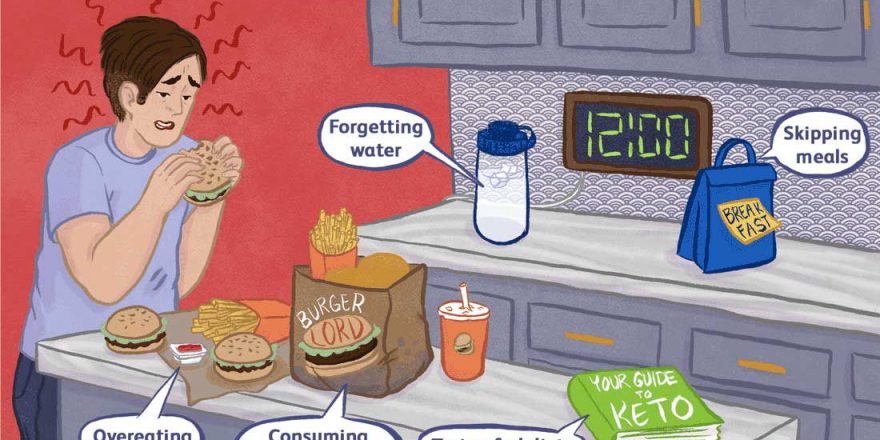In the journey to weight loss, two words frequently emerge at the heart of every strategy: metabolism and caloric deficit. But what do these terms really mean, and how do they work together to help us shed pounds? Let’s dive into the science behind weight loss and unravel these concepts in a way that’s both informative and accessible.
The Tale of Two Friends: Metabolism & Caloric Deficit
Imagine two friends, Metabolism and Caloric Deficit, having a conversation in a café, discussing their roles in weight loss.
Metabolism, sipping on green tea, starts, “You know, a lot of people think I’m the bad guy, slowing down their weight loss. But I’m just the process by which our bodies convert what we eat and drink into energy.”
Caloric Deficit, with a fresh salad in front of him, nods, “And that’s where I come in. For weight loss to happen, the energy or calories used must exceed the calories consumed. That’s the essence of a caloric deficit.”
This dialogue underscores a fundamental principle of weight loss: the balance between energy intake and expenditure. Your metabolism determines how many calories your body needs to function, while creating a caloric deficit is the strategy to tip the scales in favor of weight loss.
Understanding Metabolism
Metabolism is like the body’s engine. It runs all the time to keep your body moving, even when you’re resting or sleeping, ensuring your heart beats, lungs breathe, and cells grow. Several factors influence your metabolic rate, including age, gender, muscle mass, and physical activity. While we can’t control all these factors, we can influence our metabolism through exercise, especially by building muscle, which burns more calories than fat, even at rest.
Crafting a Caloric Deficit
Achieving a caloric deficit might sound simple: eat less and move more. However, it’s about making informed choices. For instance, instead of drastic calorie cuts, focusing on nutrient-dense foods can reduce calorie intake without sacrificing essential nutrients.
Consider this scenario: Jane, aiming to lose weight, decides to track her food intake and realizes she often opts for high-calorie snacks out of habit, not hunger. By swapping these for healthier options and incorporating regular walks into her routine, she creates a sustainable caloric deficit.
The Role of Exercise
Exercise not only contributes to a caloric deficit but also boosts your metabolism. A mix of cardiovascular exercises, like running, and strength training, to build muscle, can optimize your weight loss efforts. Remember, the goal is to increase your energy expenditure in a way that your metabolism remains active and efficient.
Overcoming Plateaus
Weight loss is not always a linear journey. Many encounter plateaus, where weight seems to stagnate despite efforts. This is often a sign that your body has adapted to your current diet and exercise routine. When this happens, it’s time to mix things up. Increasing the intensity of your workouts or reassessing your caloric intake can help jumpstart your metabolism again.
A Conversation That Matters
Let’s return to our friends, Metabolism and Caloric Deficit, as they conclude their conversation.
Caloric Deficit remarks, “It’s about balance and making small, sustainable changes. It’s not about starving or pushing your body to extremes.”
Metabolism agrees, “Exactly. And remember, everyone’s body responds differently. It’s about finding what works for you and being patient with the process.”
This conversation between Metabolism and Caloric Deficit highlights an essential truth about weight loss: it’s a personal journey that requires understanding your body’s needs, patience, and perseverance.
Conclusion
The science of weight loss, centered around understanding metabolism and creating a caloric deficit, reveals that successful weight loss is not just about eating less but eating smart and staying active. By focusing on nutrient-dense foods, incorporating a mix of physical activities, and understanding and listening to your body’s signals, you can navigate the path to weight loss in a healthy, sustainable way.
As you embark on or continue your weight loss journey, remember the dialogue between Metabolism and Caloric Deficit. It’s a reminder that achieving balance, understanding the science behind weight loss, and making informed choices are key to reaching your goals.
Call to Action
Have you had an enlightening moment on your weight loss journey? Perhaps a conversation with your own ‘Metabolism’ or ‘Caloric Deficit’? Share your experiences in the comments below. Let’s inspire and learn from each other on this journey to better health.





